APSSC Executive Board
President
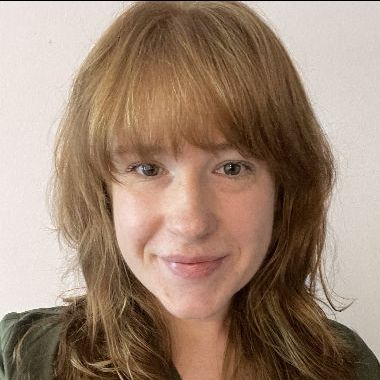
Hannah Eneix
Central Michigan University
Hannah Eneix is a fourth-year industrial/organizational psychology doctoral student at Central Michigan University. Her research is focused on remote work and diversity in the workplace and is interested in selection systems and health outcomes.
Past-President
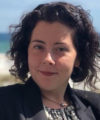
Bria Gresham
University of Minnesota
Bria Gresham is a fifth-year Developmental Psychology doctoral student in the institute of Child Development at the University of Minnesota. Her research focuses on the effects of and precursors to adverse childhood experiences, particularly those taking place within the community context.
Graduate Advocate
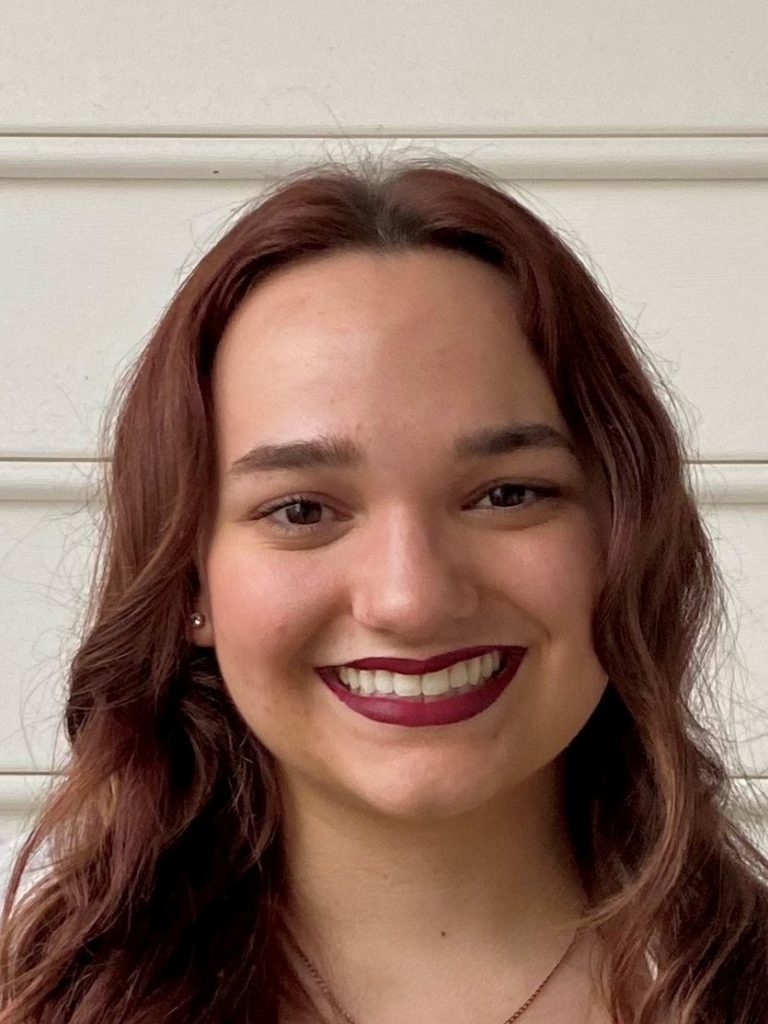
Ashley Messina
University of Memphis
Ashley Messina is a second-year counseling psychology doctoral student at the University of Memphis. Her quantitative and qualitative research interests focus on race-based traumatic stress, intersectionality, and culturally-relevant resilience factors, such as identity pride.
Student Awards Officer
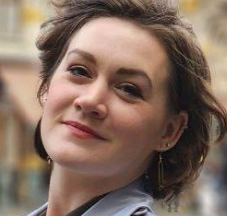
Gabrielle Lynch
University of Central Florida
Gabrielle Lynch is a Clinical Psychology doctoral student at University of Central Florida. Her areas of research interest are in application of harm reduction approaches and policy change associated with mental health care and social support systems.
Communications and Marketing Officer
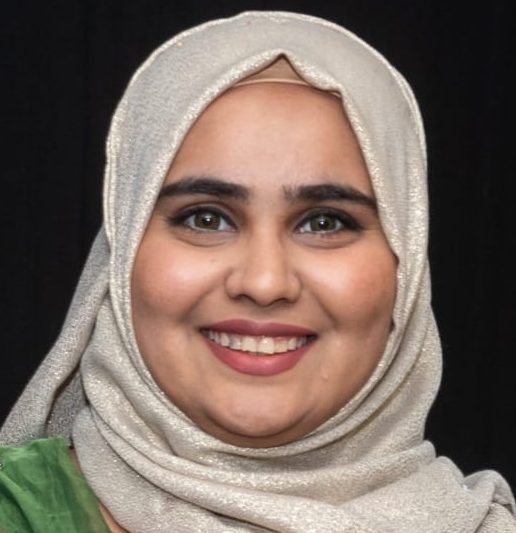
Shiza Shahid
University of Southern Mississippi
Shiza Shahid is a fourth-year Experimental Psychology doctoral student in the School of Psychology at the University of Southern Mississippi. Her research interests include prejudice, discrimination, social class stereotypes, gender stereotypes and cross-cultural research.
Membership and Volunteers Officer
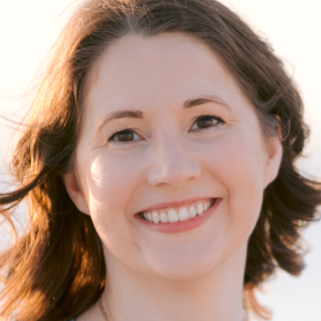
Kirsten Michel
The Catholic University of America
Kirsten Michel is an Applied Experimental doctoral candidate at The Catholic University of America. Her areas of research interest are in human factors psychology and human-computer interaction with a focus on information acquisition on social media.
Student Notebook Editor
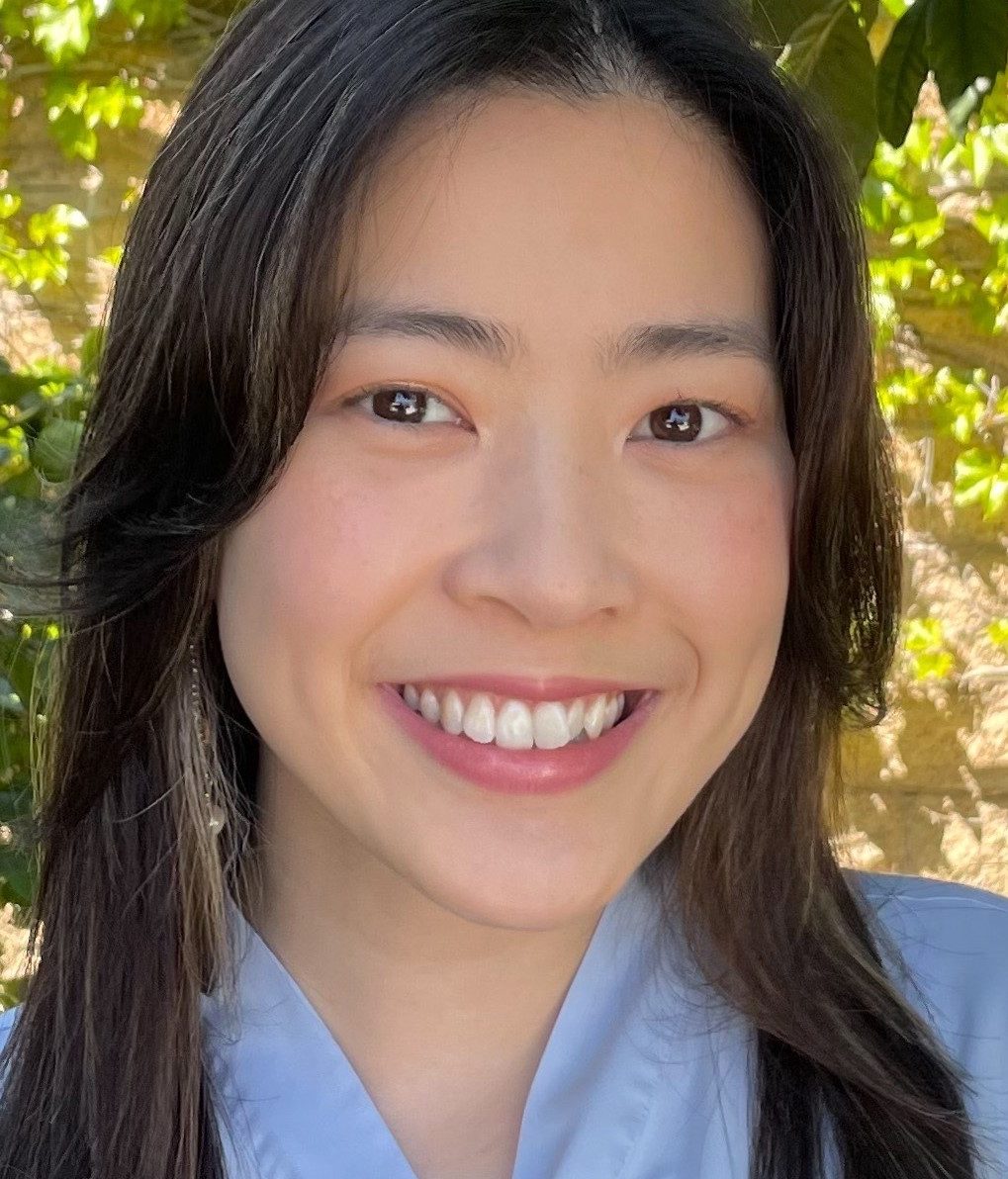
Tiffany Shao
Claremont Graduate University
Tiffany Shao is a third-year social psychology doctoral student at Claremont Graduate University. Her research primarily focuses on topics at the intersection of law and psychology, specifically on cognitive biases, racial stereotypes and prejudice, and use of force decisions in the criminal legal system.
Undergraduate Advocate
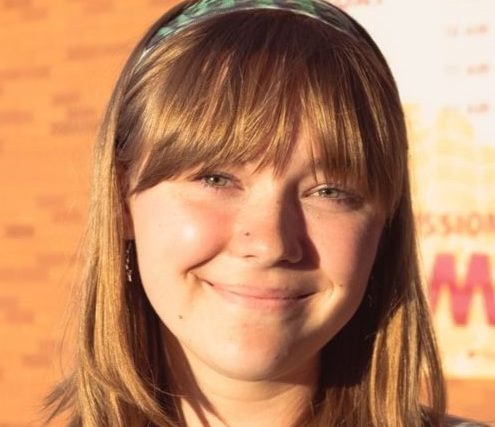
University of Minnesota
Emma Karras is in a post baccalaureate position currently. She earned her undergraduate degree from the University of Minnesota Twin Cities. Her studies in Art, Psychology, and Developmental Psychology in partnership with an Integrative Neuroscience minor allow pursuits in research that combine these academic concentrations.

